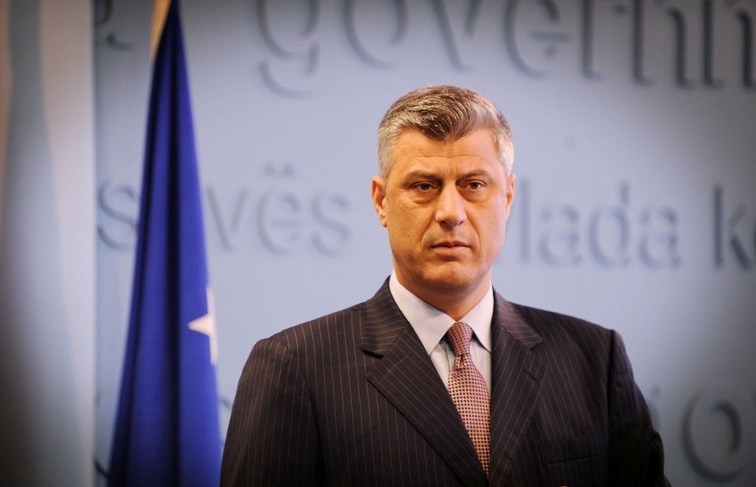

By Regina Joseph Best Defense guest columnist
The recent election in Kosovo gave Hashim Thaci, the fledgling state’s first prime minister, another term as the country’s leader. In the run-up to the ballot, his party PDK (Democratic Party of Kosovo) was besieged from all sides by the country’s fractious political culture; rival Albanian majority and Serb minority political parties alike trumpeted the end of Thaci’s power due to accumulating corruption scandals, mismanagement and rumors of war crime involvement. The country’s tabloid-heavy media culture also predicted a rout for Thaci: a vote of no confidence was planned earlier in 2014 against Thaci by political adversaries, including some of his own party deputies — and then ultimately tabled due to a premature expectation of Thaci’s overthrow by the rival party indicated by polls to be leading in popular support, the LDK (Democratic League of Kosovo). This would not be the first incorrect forecast of Thaci’s exit: The last elections in the country were in 2010, the result of a no-confidence vote against Thaci’s two-year-old coalition-based minority government at the time (Kosovo became an independent state in 2008). Political instability and crises are routine among Kosovo’s multiple political parties. Too numerous and too small to obtain parliamentary majorities, the various parties thus frequently shift and change alliances while maintaining the same core group of politicians within (many of whom can only trace their political experience as a direct line of transition from their roles as war leaders and combatants in the 1990s — a fact that was raised in recent independent EU reports warning for the need for new players in Kosovo’s political sphere. Thaci’s return to the top spot was prompted less by a change of heart than by low voter turnout precipitated by apathy and voter frustration with their political choices. No political opponents have either the domestic credibility or international support to effectively challenge Thaci, even though three core problems will remain to bedevil Thaci’s renewed leadership: 1. The unresolved nature of Kosovo’s northern Serb-majority enclave remains a serious sticking point for both Kosovo’s internal cohesion as well as its regional relationship with its neighbor Serbia — which still does not recognize Kosovo’s independence. Having had its own recent election, Serbia went from a similar political coalition pattern as Kosovo to its first majority government; its current Prime Minister Aleksandar Vucic has prioritized EU accession, which requires "normalization" of relations with Kosovo. To that end, Vucic has exhorted Serbs living in north Kosovo to vote in the elections, but proxy Serb political parties in Kosovo still demand ballots and official documentation that bear no Kosovo state symbols. The Brussels Agreement of 2013, the accord mediated by the EU between Kosovo and Serbia, has not managed to resolve the inherent disagreement that remains between the two. 2. Thaci’s governance has been plagued by financial mismanagement, nepotism, transnational crime and corruption scandals. The weak employment picture for Kosovo remains the principal concern for both Albanian and Serb residents, but privatization and opaque back-room deals among political players and their cronies have kept job opportunities limited to those with family and political connections. 3. Thaci’s push for the development of an Armed Forces of Kosovo will continue to complicate the internal stability of the country. To Kosovo Albanians, a national defense force represents the pinnacle of state-building; but to Kosovo Serbs, an armed force composed of Albanians represents a threat on their home territory that may yet turn weapons on them. This last point should provide serious food for thought for transatlantic players: NATO retains a small presence of just over 4,000 troops in Kosovo to maintain security, but as the "peace dividend" shifts political thinking around where NATO needs to be, the US and the EU should spare a thought for the states of the former Yugoslavia, the largest of which — Serbia — not only refuses to recognize the independence of its neighbor Kosovo, but retains important energy, financial and security links to Russia, which doesn’t recognize Kosovo either./Foreign Policy/
*Regina Joseph is the founder of Sibylink, an international consultancy based in The Hague and New York devoted to providing strategic foresight on global issues through futures forecasting, scenario-building and training coursework. She is also one of the 120 Superforecasters on Good Judgment Project






